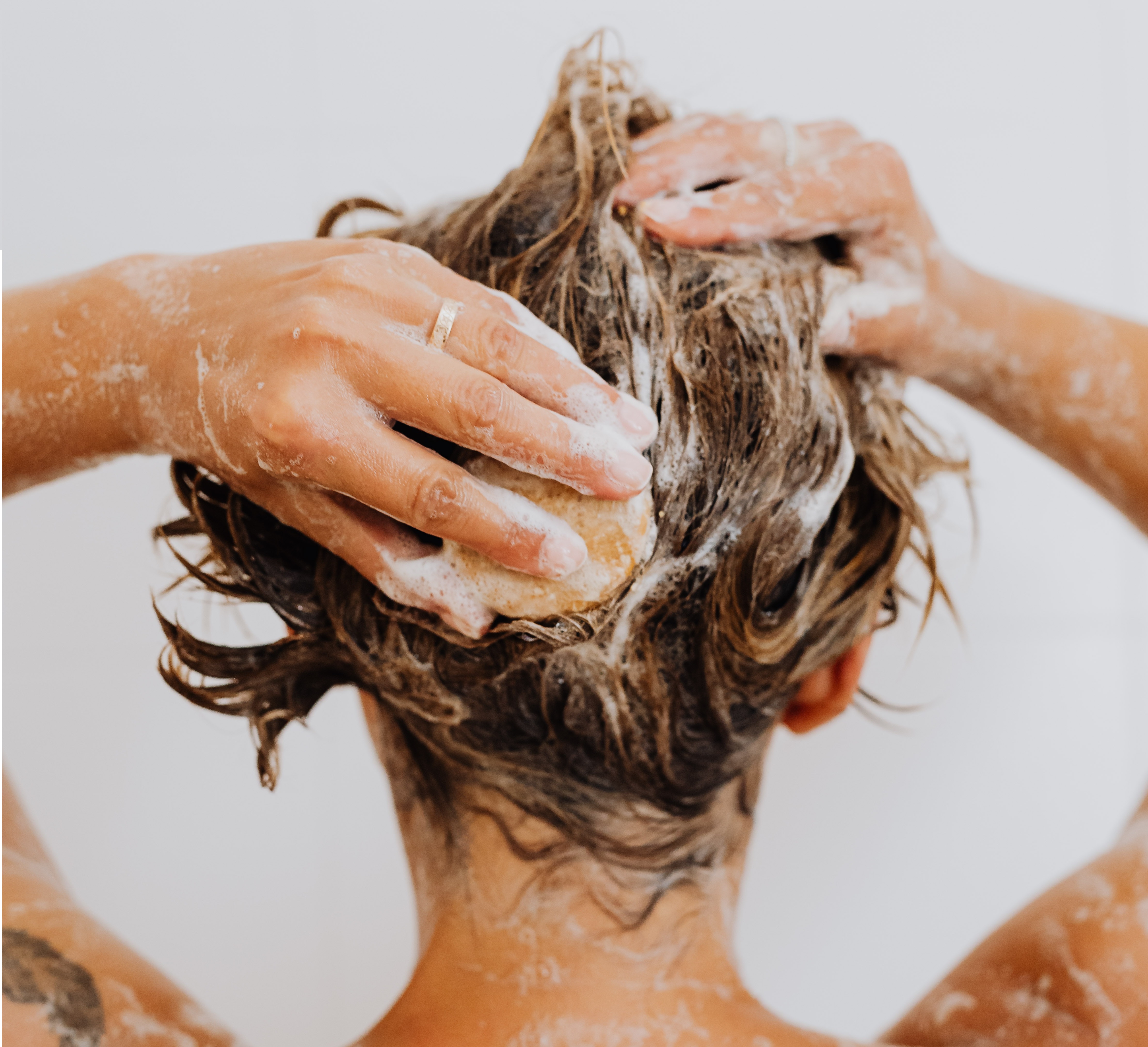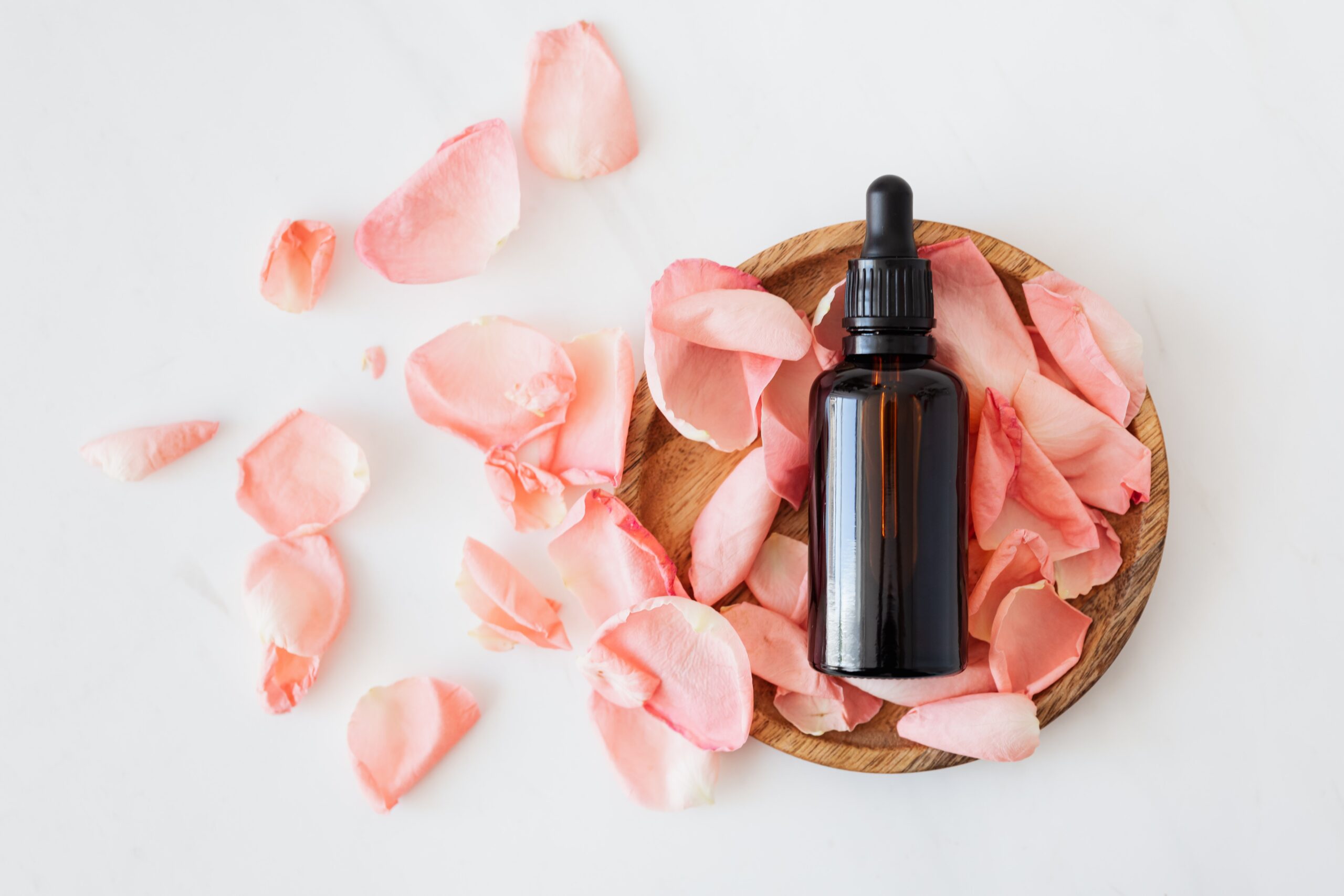101 Series: pH and Healthy Hair
Share

Do you struggle with frizzy, out of control, damaged, or breaking hair and wonder what is the ‘root’ of your problem? Though multiple factors may be involved, read on for some 101 hair science that can give you a better understanding to why you may be experiencing these issues.
‘Root’ cause #1: pH balance (or lack thereof)
pH is an important factor when it comes to the health and strength of your hair as it can make a big difference in how your hair strands look and feel. As you may recall from school, pH represents the acidity, alkalinity, or neutrality of a substance. The pH scale runs from 0 to 14, where anything less than pH 7 is acidic, pH 7 is neutral (water) and a pH greater than 7 is alkaline, also known as basic. When the pH number approaches closer to 0, this indicates that a substance is highly acidic, whereas numbers closer to 14 indicate that a substance is highly basic.
So, what’s the ideal pH for the hair and scalp?
Hair is in its happiest state (a.k.a. ionic neutrality) when the pH is around 3.67. The pH of the scalp, on the other hand, is higher than that of hair strands, sitting around pH 5.5 (same as the skin).
What happens to your hair when the pH becomes alkaline?
Hair’s pH balance can be affected by chemical processes such as coloring or bleaching, and even shampooing, as many shampoos use alkaline cleansing agents. When the hair is exposed to products that are not pH balanced, it becomes temporarily alkaline, thus increasing the negative electrical charge of hair, resulting in friction between the hair fibers. Additionally, in this temporarily alkaline state, hair absorbs water right now to the cuticles, hydrating the fibers and breaking down keratin molecules. The result? The outer layer of the hair (the cuticle) starts to lift up and the health and strength of the hair are ultimately affected, leading to issues such as breakage and frizz. A more alkaline state can also affect the bacteria and oil (which we all have) on the scalp, potentially causing dandruff.

Tips for keeping your hair healthy
1. Try using pH-balanced shampoos. Ideally, the pH of hair products should be less than 5.5. A pH-balanced shampoo ensures that hair cuticles stay closed, preventing moisture loss, muting frizz, and reducing static. It also prevents the scalp from producing too much oil after shampooing. For color-treated hair, using a shampoo with a pH above 5.5 will open the cuticle and cause your color to fade much faster.
2. Use a hair conditioner as it makes hair softer and easier to manage. It also protects hair shafts from damage.
3. Avoid shampoo bars or regular soap bars as they are way too alkaline for hair. The majority of shampoo soaps are essentially bars of cold processed soap, which have a pH of around 9 – 10. Some shampoo bars are a mixture of more gentle detergents, although on their own they are still too alkaline. The shampoo bars typically leave hair feeling super dry and frizzy, especially if you dye or bleach your hair.
4. The use of home water softener systems could be a potential option to mitigate the risks of hard water damage to your hair. When hair is washed on a regular basis with hard water, it has a higher load of mineral deposition, leading to irregularity and discontinuity of the surface, and decreased thickness. You might also feel a difference in the lathering and foam of your shampoos and soaps as the water becomes soft (less alkaline).
References:
1. Gavazzoni Dias MF, de Almeida AM, Cecato PM, Adriano AR, Pichler J. The Shampoo pH can Affect the Hair: Myth or Reality? Int J Trichology. 2014 Jul;6(3):95-9. [Pubmed]
2. Srinivasan G, Chakravarthy Rangachari S. Scanning electron microscopy of hair treated in hard water. Int J Dermatol. 2016 Jun;55(6):e344-6. [Pubmed]
3. Evans AO, Marsh JM, Wickett RR. The structural implications of water hardness metal uptake by human hair. Int J Cosmet Sci. 2011 Oct;33(5):477-82. [Pubmed]
4. Cover image credit – keenangrams
If you enjoyed our content, please share, comment, like, and follow us on your favorite platforms!
.
.








Nicely written Avdhi! Good points. Really helpful!!
Good to see the post. Well done Avdhi 😇👍